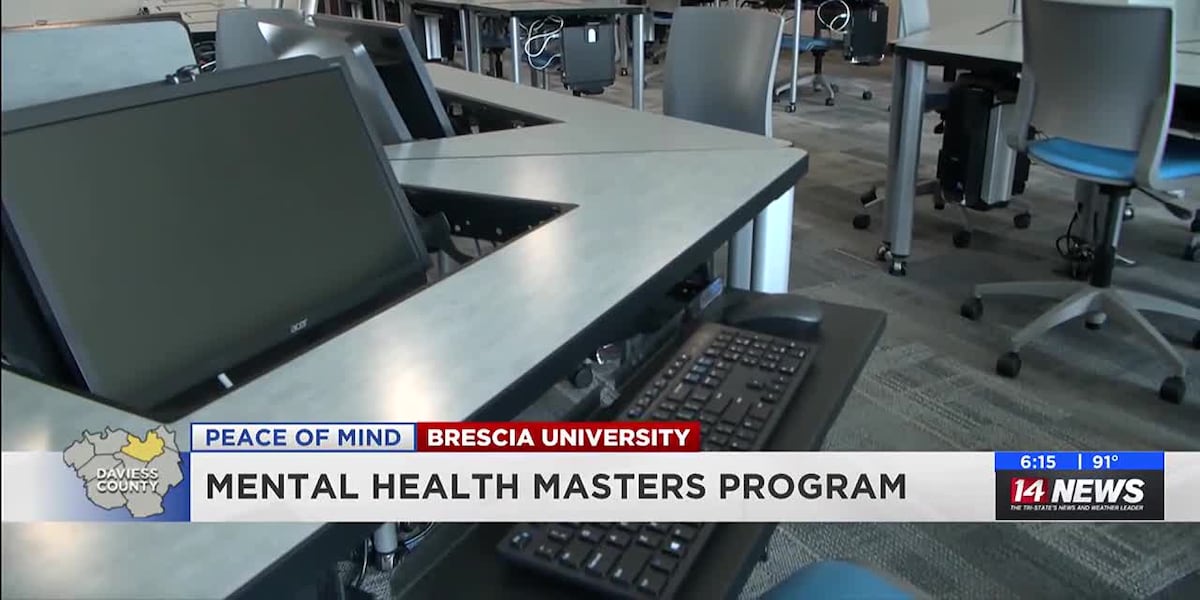Colorado Jail Mental Health Program Ends Due to Funding Shortfall: A Success Story Cut Short?

Denver, CO – Mental Health Colorado has unfortunately been forced to shut down its highly successful “Safer” program at the Arapahoe County jail, citing a lack of continued funding. The program, designed to provide mental health support and resources to incarcerated individuals, has demonstrated remarkable success in reducing recidivism, but its future is now uncertain.
Vincent Atchity, President and CEO of Mental Health Colorado, expressed his disappointment at the program's closure. “It’s incredibly frustrating to see a program that’s making such a positive impact forced to end due to financial constraints,” he stated. The Safer program focused on providing comprehensive mental health assessments, therapy, and case management services to inmates struggling with mental health challenges.
Impressive Results Despite Limited Resources
Despite the program's abrupt end, the results speak for themselves. Out of the 221 individuals who participated in the Safer program, a staggering 97% did not incur new criminal charges after release. Only three participants re-offended. Furthermore, none of the participants experienced any deaths during the program or shortly after release. These statistics highlight the crucial role mental health support plays in rehabilitation and reducing crime rates.
“The Safer program proves that investing in mental health care within the criminal justice system isn’t just the right thing to do, it’s also a smart investment,” Atchity emphasized. “By addressing the underlying mental health needs of incarcerated individuals, we can reduce recidivism, improve public safety, and ultimately save taxpayer dollars.”
The Need for Continued Funding
The closure of the Safer program underscores a broader issue: the chronic underfunding of mental health services in Colorado and across the nation. Experts agree that addressing mental health needs within correctional facilities is essential for effective rehabilitation and reducing the cycle of incarceration. The program's success demonstrates the potential for similar initiatives to make a significant impact, but only with sustained financial support.
Mental Health Colorado is actively seeking alternative funding sources to potentially revive the Safer program or implement similar initiatives in other areas. They are urging policymakers and community stakeholders to prioritize mental health funding within the criminal justice system, recognizing the long-term benefits for both individuals and society.
The loss of the Safer program represents a setback for Arapahoe County and the state of Colorado, but the program’s proven success serves as a powerful reminder of the importance of investing in mental health care within the criminal justice system. The question now is whether policymakers will heed this lesson and provide the necessary funding to support these vital programs in the future.





